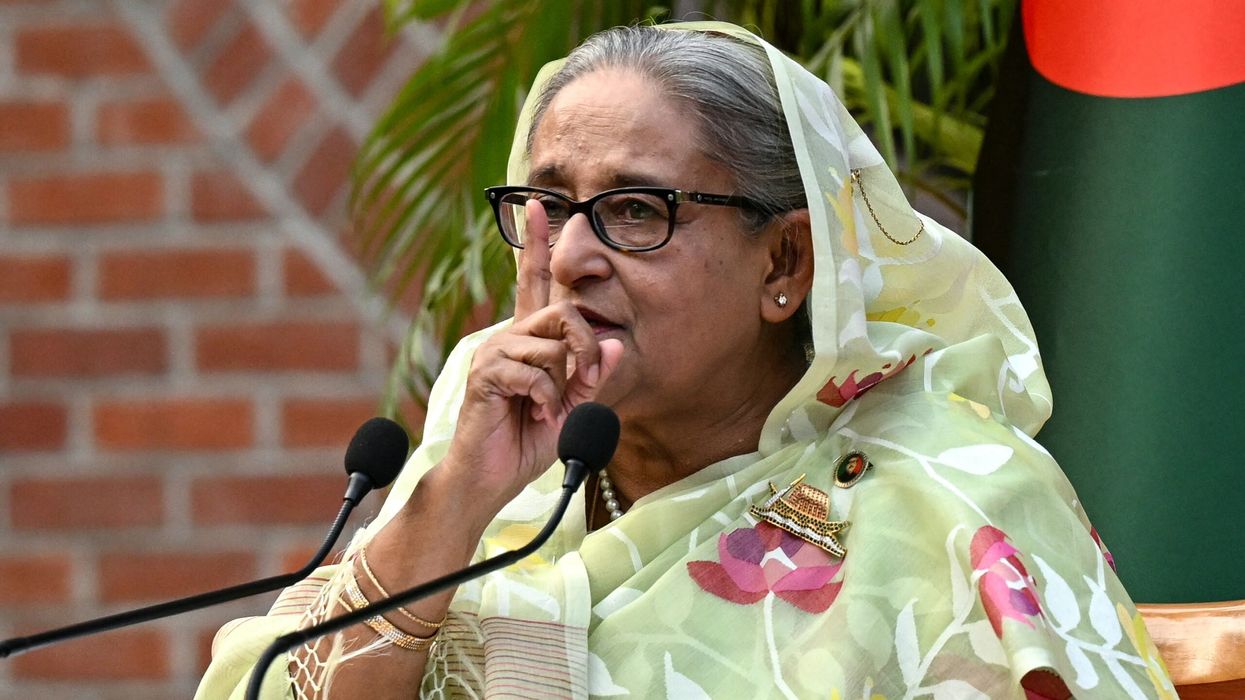Prime minister Narendra Modi spoke with King Charles III of UK on the telephone on Tuesday (3) and discussed several subjects including climate change, biodiversity conservation, and solutions for the financing energy transition.
As this was PM Modi's first conversation with King Charles III after he assumed the Office of Sovereign of the UK, he conveyed his best wishes to Britain's monarch for a very successful reign.
A PMO release said that a number of subjects of mutual interest were discussed during the call, including climate action, conservation of biodiversity, innovative solutions for financing energy-transition.
The prime minister expressed his appreciation for the abiding interest and advocacy of King Charles III on these issues.
The prime minister briefed him on India's priorities for its G20 Presidency, including the propagation of digital public goods.
He also explained the relevance of Mission LiFE - Lifestyle for Environment, through which India seeks to promote environmentally sustainable lifestyles.
The leaders exchanged views on the Commonwealth of Nations and how to further strengthen its functioning.
They also appreciated the role of the Indian community in the UK in acting as a "living bridge" between both countries and enriching bilateral relations.
King Charles III was officially announced as Britain's monarch in September last year following the death of his mother Queen Elizabeth II.
India and UK are engaged in negotiations for finalisation of a Free Trade Agreement.
UK Secretary of State for International Trade Kemi Badenoch had visited New Delhi last month to carry forward the FTA negotiations. She held discussions with Union Commerce and Industry Minister Piyush Goyal.
The two sides also discussed bilateral trade and economic relations.
(ANI)



















